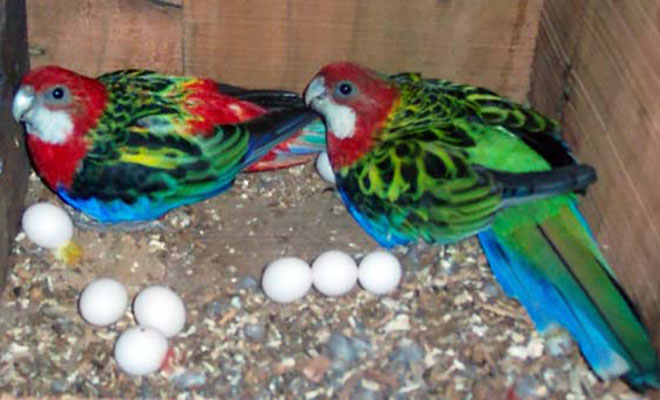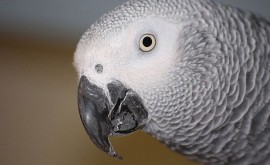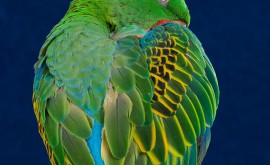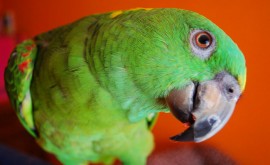 A Guide to “Chronic Egg Laying”
A Guide to “Chronic Egg Laying”
Many people to include bird owners have never heard of “chronic egg laying”, a condition whereby a bird will produce an ordinarily high number of eggs or have repeated clutches of eggs. This typically happens when a bird’s normal mate is not around but it can also occur outside the normal breeding season.
For example, domestic chickens lay one egg after another thanks to a special diet. Provided a special diet consisting of protein and calcium, shells form around eggs, uterine contractions occur, and eggs are pushed out. Without enough calcium, chickens are at risk for a condition known as dystocia, or egg binding but also producing eggs without shells or abnormally formed eggs. In addition, if a chicken lays too many malformed eggs, risk of dystocia increases.
Birds at Greatest Risk
Virtually any hen can have a problem with chronic egg laying. However, this is something more commonly see in lovebirds, cockatiels, and budgerigar parakeets, among other similar birds. In the wild, environmental cues help stimulate reproductive activity and egg laying, whereas companions birds have different stimulators such as:
- Presence of a mate
- Long day length
- Rainfall
- Warm temperature
- Abundant food supply
Experts also believe there may be certain genetic lines for birds in captivity whereby reproductive problems are predisposed. To minimize egg laying in hens, the following measures are recommended:
- Eggs should stay in the cage for at least two weeks after being laid. Then to minimize risk of breakage, they can be frozen or boiled.
- A minimum of eight hours sunlight is needed daily according to a timeframe recommended by a reputable avian veterinarian
- Stop real or perceived exposure to the mate. Even if a real mate is in a different room, he may need to be moved out of earshot of the female. Perceived mates can be humans, as well as toys, mirrors, etc.
- Any type of nesting material needs to be removed, along with real nesting boxes or places perceived as nesting boxes such as dark holes of toys
- Slowly improve the bird’s nutrition by switching to a formulated food diet
- Provide boiled eggs with shell, leafy green vegetables, and other calcium-rich foods
- Avoid stimulation, to include certain interaction with the bird or touch the 4 sexual zones
- In some cases, the cage should be moved to a completely different location, which serves to reduce stress but also as a distraction
Seeking Avian Veterinarian Help
As there are things a bird owner can do to help a chronic egg laying problem, an avian veterinarian can also provide assist in the following ways:
- Provide an oral calcium supplement if evidence of hypocalcemia is present
- Offer hormonal therapy that will either reduce or stop egg laying
- Surgically remove the uterus and oviduct, both technically challenging procedures to perform




